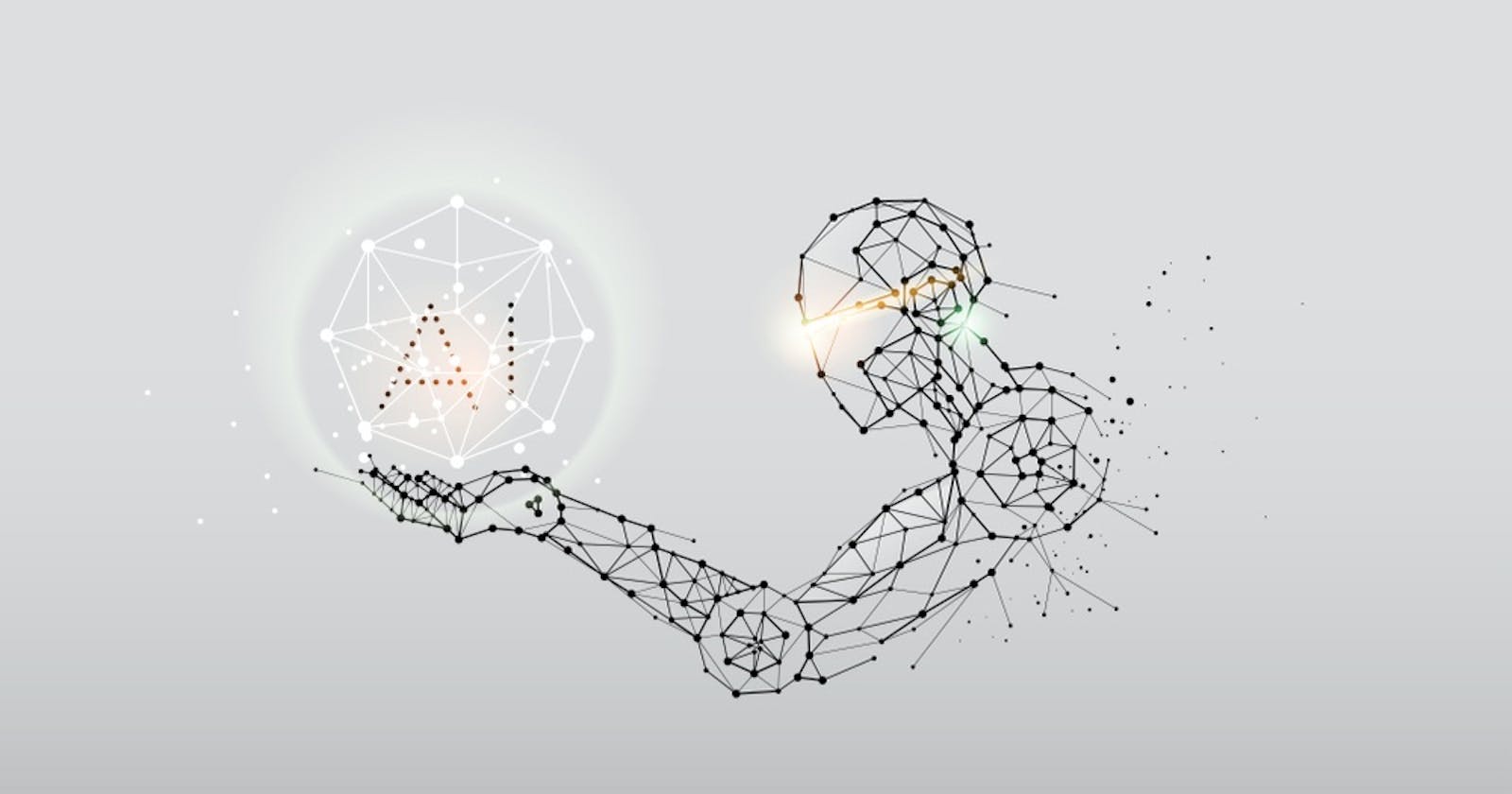AI arms race refers to the competition among nations to develop and acquire advanced artificial intelligence technologies for military purposes. This race is changing everything, from the way wars are fought to the balance of power between nations.
One of the biggest changes brought about by the AI arms race is the increased reliance on autonomous weapons systems. These are weapons that can operate without human intervention, and they are becoming more sophisticated and widespread. This has raised concerns about the potential for these weapons to make mistakes or act unpredictably, leading to unintended consequences and civilian casualties.
Another major change is the use of AI for intelligence gathering and analysis. AI can process vast amounts of data much faster than humans, allowing for more efficient and accurate intelligence gathering. This has given countries with advanced AI capabilities a significant advantage in the realm of intelligence.
The AI arms race is also changing the nature of warfare itself. As AI becomes more advanced, it will become possible to conduct military operations with greater precision and effectiveness, reducing the need for large numbers of troops and potentially lowering the number of casualties in conflicts.
At the same time, however, the AI arms race is also creating new risks and challenges. For example, the increasing use of AI in military systems creates vulnerabilities that could be exploited by cyberattacks or other forms of hacking.
Overall, the AI arms race is a complex and rapidly evolving phenomenon that is likely to have far-reaching implications for the future of warfare and international relations.
